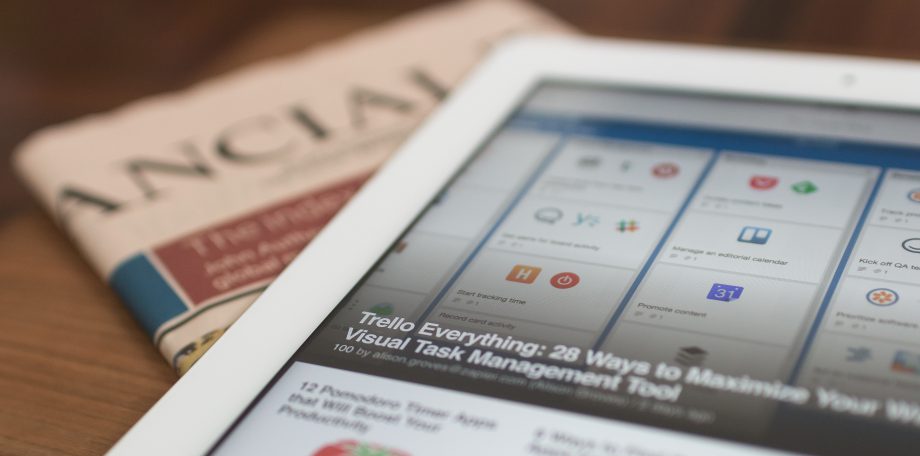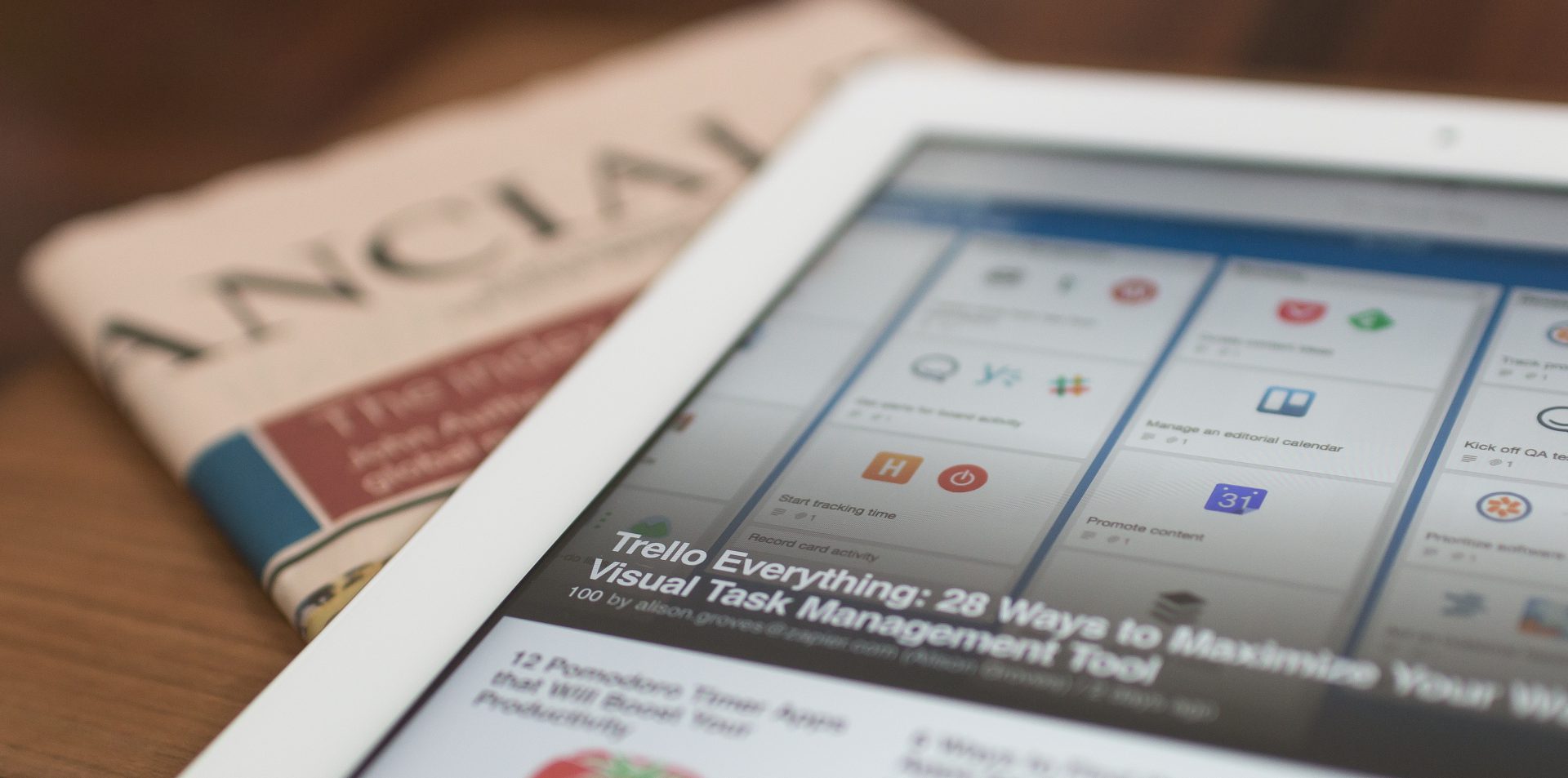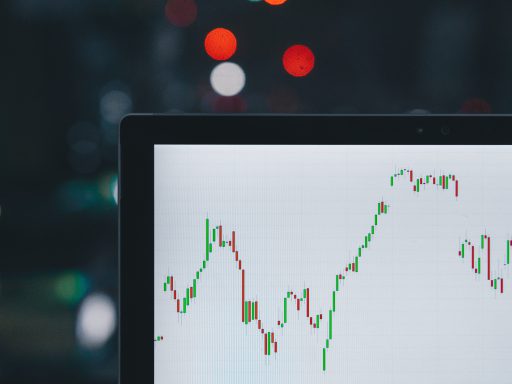Why Barclays Sees Banking’s Future as an Information Business
Through Gov.UK Verify, Barclays’ customers can use their bank credentials to authenticate themselves to access tax returns and other government services. Simon said the bank is working on an “attributes exchange” that would enable a person to show, using a mobile banking app, that Barclays has verified certain information about them. For example, the app could vouch that a customer is old enough to drink in a pub, so they doesn’t have to show a driver’s license with an exact birthdate, or confirm their last three addresses to a landlord, saving both parties time spent looking up old lease documents or checking references. Offering such a service will make customers more likely to stay with the bank and to use more of its products, Barclays is betting.
Digital services like identity management will be a key for banks to offer as the nature of financial services changes, said Dan Latimore, senior vice president of the banking practice at the research firm Celent. In a world where nonbank firms can offer banking services, traditional financial institutions need to focus on data to offer services or insights that a fintech startup can’t, he said.
“We have been advocating that banks take a look at the treasure trove of data they possess,” he said. “As they come under further attack from fintechs, they have to think about what differentiates them. I think what Barclays is doing is a great example of mobilizing the resources banks have and offering differentiating products and services.”
Though consumers are generally wary of sharing personal information or having their personal data accessed, Latimore noted that in general “they have shown they are willing to give to get. You just have to demonstrate what you are giving them is worthwhile.”
Besides, banks are required to know increasingly more about their customers under stiffening anti-money-laundering regulations. Acting as identity providers, they might spare their customers from having to expose all that personal information to various other parties with weaker data security practices.
In general, the U.K. has put a focus on using financial innovation for consumers’ benefit. In 2014, the government put out a call for evidence on how best to deliver an open standard for application programming interfaces and to ask whether more open data in banking could benefit consumers. The government has since asked the banking and fintech industries to work together on the creation of a framework to introduce an open API and open banking standard in the U.K.
Another service from the new Barclays unit mines individual customers’ spending data to give them insights into their financial habits. Down the line, Simon said, Barclays is looking to offer services pegged to these insights to help customers manage their financial lives. For example, if a customer is spending more on heating and electricity than the average resident in their area, a message in their mobile or online banking may appear asking if they want help switching utility providers. (Customers would have to opt in for these services, Simon said.)
The information group offers services even to non-customers. For example, the Barclays website offers a Local Insights feature where anyone can type in their U.K. postcode to access an array of local economic data. This can be helpful to small businesses, Simon said, who can examine data such as how much spending on entertainment or eating out residents of their area do.
Giving away this information helps grease the wheels of commerce, which ultimately is good for the banking industry, Simon said. “The more we can use the power of big data to help the economy grow, the better it is for us.” But he acknowledged that the giveaway also serves as soft marketing for the bank to businesses that may need financial services in the future.
“What is the bank of the future?” Simon said. “It’s becoming a data-driven organization that is there to help customers manage their lives.”
#SMEs #BigData #SmallBusiness
Akoni helps businesses make the most of their cash. Register for free at AkoniHub.com







